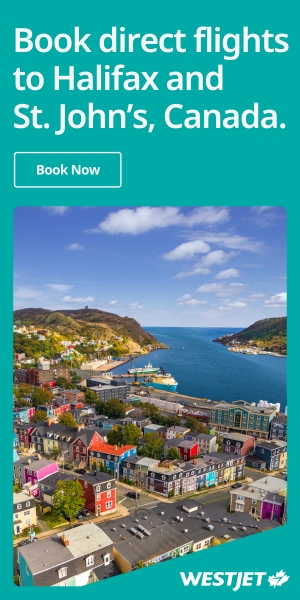There has been widespread concerned expressed among travel industry leaders in the wake of the UK governments decision on the weekend to require British holidaymakers to quarantine for 14 days when returning from Spain.
In particular, there have been calls to exclude areas with low rates of infection, such as the Balearic and Canary islands, from the compulsory quarantine period.
Joanne Dooey, president of the Scottish Passenger Agents' Association spoke out on behalf of travel agents: "Travel agents have faced a torrid time since lockdown and, while bookings are steady for 2021, the sector has been massively affected. Agents have worked tirelessly to rebook holidays for their clients."
Ms Dooey said that some agents are now rebooking holidays for their clients for a second or third time.
Kelly Cookes, leisure director at Advantage Travel Partnership, said the news is "devastating for the travel industry and our travel agent members."
"Spain had been dominating in terms of bookings and just as there was a glimmer of hope to try and recover some of the summer season, the change in government advice will have huge ramifications on consumer confidence when it comes to booking travel elsewhere," Ms Cookes said. "The health and safety of travellers is paramount - however, this will put many travel agents back at square one in terms of the refund process and I?m sure will impact revenue for travel businesses who were starting to get back on their feet.
Charlie Cornish, group CEO of Manchester Airports Group said that while the government was "right to respond when infection rates spike in particular regions", such as Catalonia, "applying these changes to the whole of Spain is unnecessary and will cause huge disruption for passengers."
"The Government must work quickly to develop a system that is properly risk-based which enables people to continue enjoying holidays in regions with low infections rates, while retaining the flexibility to temporarily restrict travel to areas with rising rates, regardless of the country they are in," Mr Cornish said. ?This will give British holidaymakers, airlines and tour operators the ability to plan their travel with confidence and give the aviation and tourism sectors the best chance of a strong recovery, which in turn will boost the economy and protect jobs.?
Gloria Guevara, WTTC president & CEO, echoes Mr Cornish's sentiments and described the decision as "hugely disappointing for thousands of UK holidaymakers [and] disastrous for the hard-pressed travel and tourism industry, both in Spain and the UK."
?WTTC believes quarantines do nothing to help restore consumer confidence at a time when we need to encourage people to return to travelling, in line with our Safe Travels protocols, to give a hope of saving some of the 2020 summer season," Ms Guevara said, urging governments to consider local lockdowns instead of closing all borders.
"Painting an entire country with the same brush does not benefit anyone. While we understand the concern about destinations like Spain with new COVID-19 cases, the majority of the country and its islands, which are incredibly popular holiday destinations, have less cases than the UK. We encourage the government to consider solutions which reduce the impact on holidaymakers and those whose livelihoods depend upon travel and tourism,? she added.









